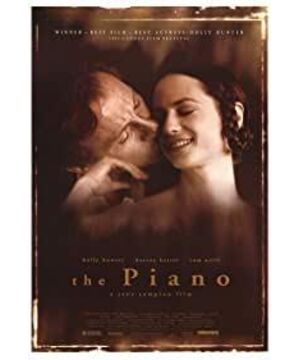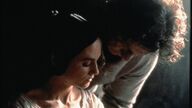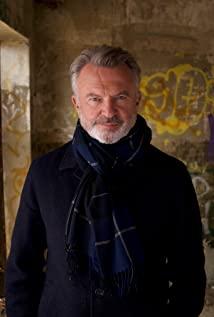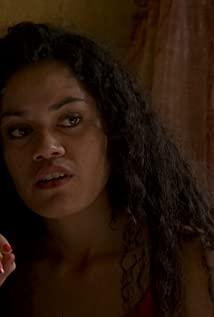She was pale and always had a serious expression. A tin box was hung around her white neck. She used the notes to express the language she couldn't express with her body. However, Baine is an exception, he is illiterate, he is a rude person, so his communication with her is the most real and real communication without language, which may be one of the primary factors why Ada can open his heart to Baine.
I am reluctant to use "awakening", "pursuit of freedom" and "pursuit of true love" to describe Ada, let alone "selfishness" and "no sense of responsibility". These two adjectives represent two values, with "Which" is a better judgment than "which". Ada just lives by what works best for her, she can't control acting weird, so she can only be a "strange creature".
If you need a harmonious interpersonal environment, you have to take responsibility; if you need relatives, you have to pay for them; if you need filial children, you have to respect the old and love the young from yourself. The meaning of morality is: I don't want others to treat me this way, so I won't treat others this way.
Obviously, the attitude of accepting any arrangement numbly at the beginning shows that Ada has no morality. This lack of morality and the subsequent lack of morality are not contradictory, and there is a certain connection. She doesn't care if it's unfair to her, she only cares about "scale", "crush", "melody", "giggle", the sound goes on, the sound stops, she hears them and grabs them at the same time. To say that she is addicted to "art", I think it is too broad, it is better to say that she is like the murderer in "Perfume" who has captured the spirituality of the world.
So praising Ada as a goddess who "seeks true love" or criticizing her as a "selfish" slut would be a digression. I think it's just an attempt to explore the rationality of a life attitude that has been criticized and completely denied.
From life, from the point of view of the id.
View more about The Piano reviews











